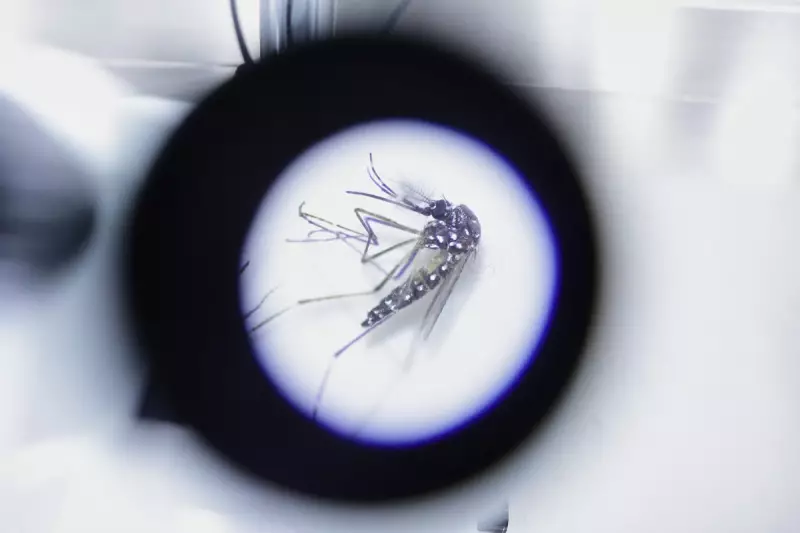
Britain faces a new health threat as climate change creates conditions for tropical disease-carrying mosquitoes to establish populations across southern England within the next two decades, experts have warned.
The alarming prediction comes from the UK Health Security Agency (UKHSA), which indicates that rising temperatures could allow Aedes albopictus and Aedes aegypti mosquitoes - known carriers of dangerous viruses including dengue, Zika, and chikungunya - to breed and survive in parts of the UK by 2040-2050.
The Changing Climate's Unwelcome Guests
Professor Dame Jenny Harries, chief executive of UKHSA, emphasised that climate change is no longer just an environmental concern but represents "the greatest threat to human health" facing the UK. The warming climate is creating ideal conditions for invasive mosquito species that were previously unable to survive British winters.
These disease vectors are already establishing footholds in Europe, with France experiencing indigenous dengue cases in recent years. The pattern suggests Britain could be next as temperature barriers continue to shift northward.
From Traveller's Risk to Homegrown Threat
Currently, Britons primarily encounter these diseases when travelling abroad, with the NHS treating approximately 700 dengue cases annually. However, the establishment of mosquito populations capable of transmitting these viruses would transform them from imported travel illnesses to potential homegrown public health concerns.
The UKHSA report highlights that while the risk remains low for now, the timeframe for adaptation is shorter than many might expect. Health authorities are already developing surveillance systems and response plans to detect and control potential outbreaks.
Beyond Mosquitoes: Other Climate Health Threats
The mosquito threat represents just one aspect of climate-related health challenges identified in the report. Other concerns include:
- Increased flooding exposing people to contaminated water
- Heat-related deaths among vulnerable populations
- Food security issues affecting nutrition
- Air quality deterioration exacerbating respiratory conditions
Professor Harries stressed the importance of coordinated action, stating that addressing these emerging threats requires "a whole society and whole government approach" to protect the nation's health in a warming world.





